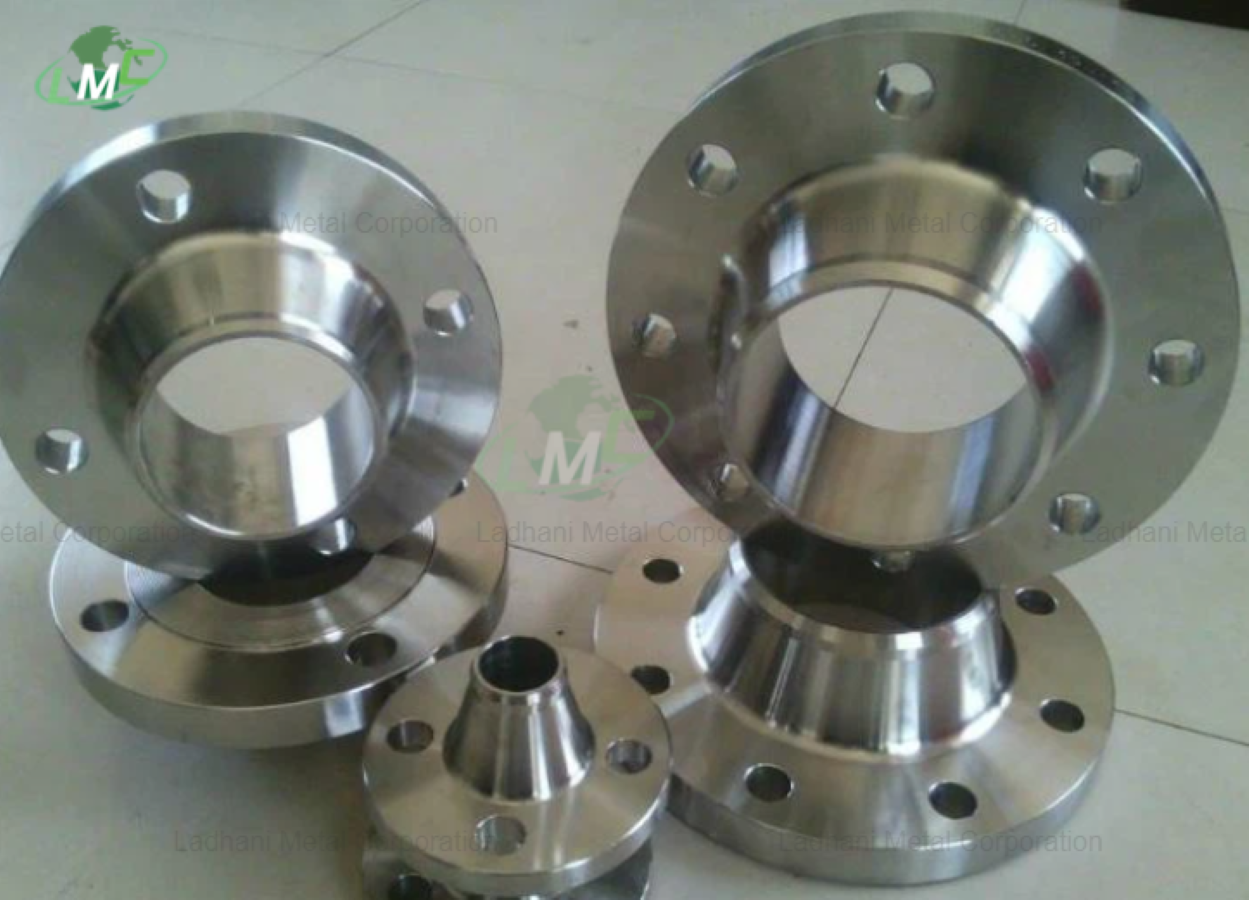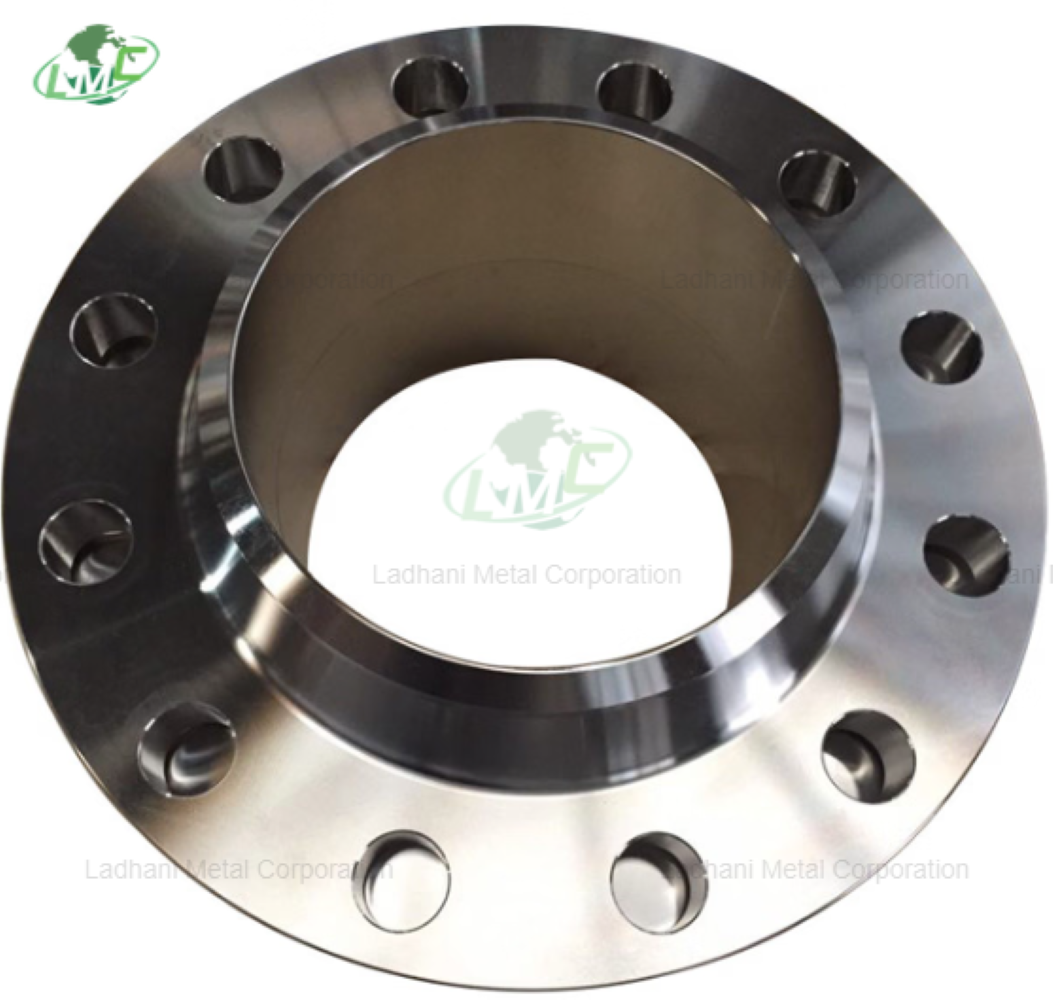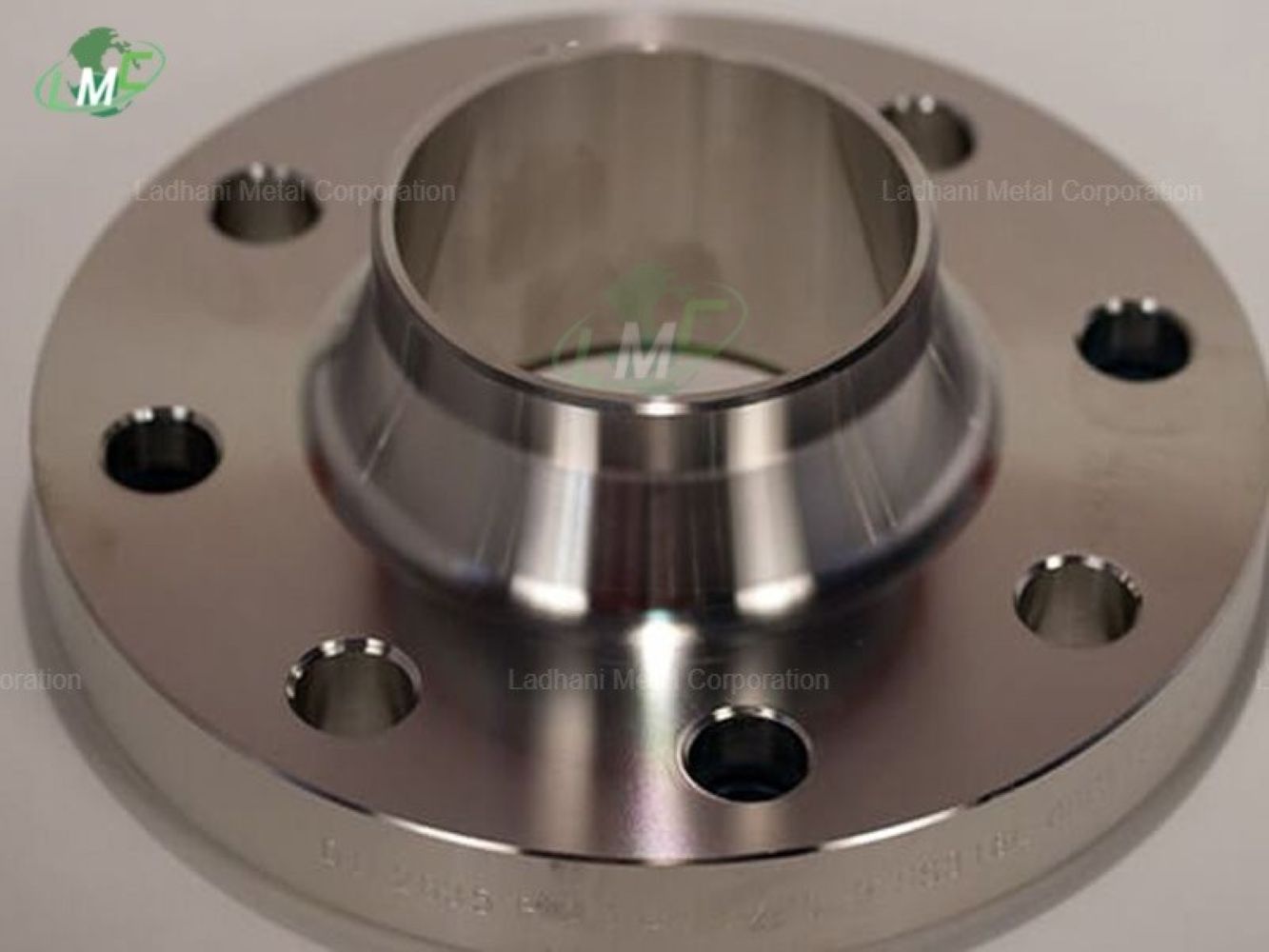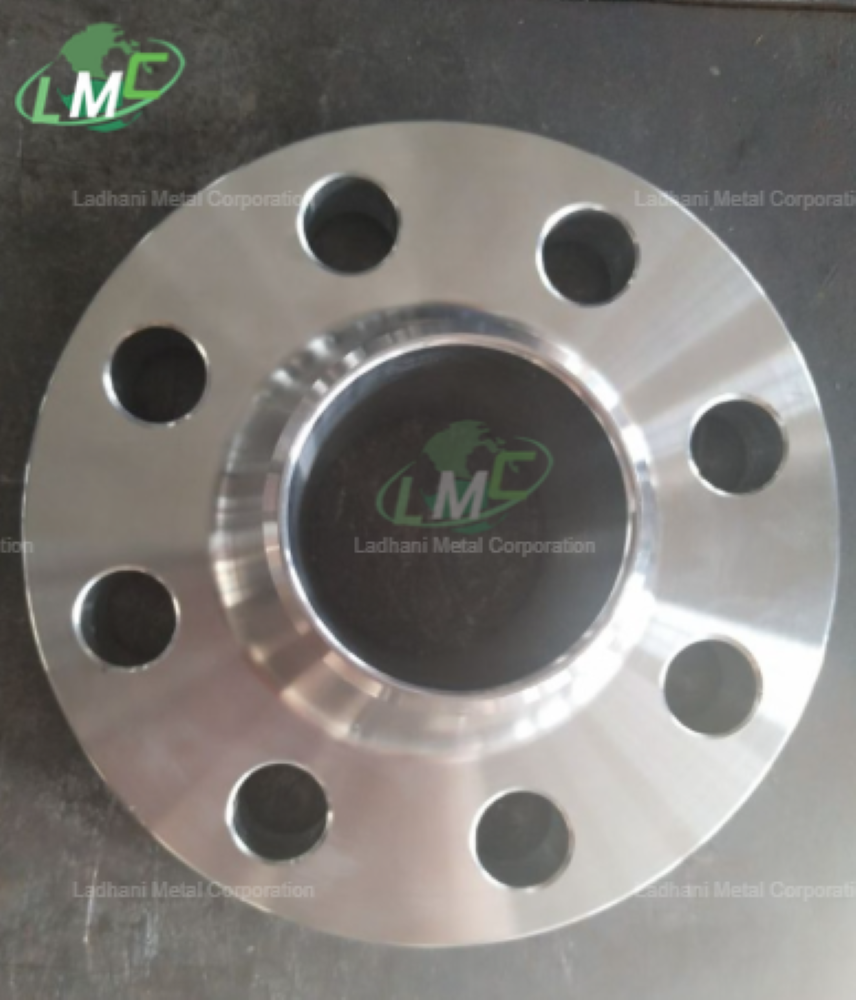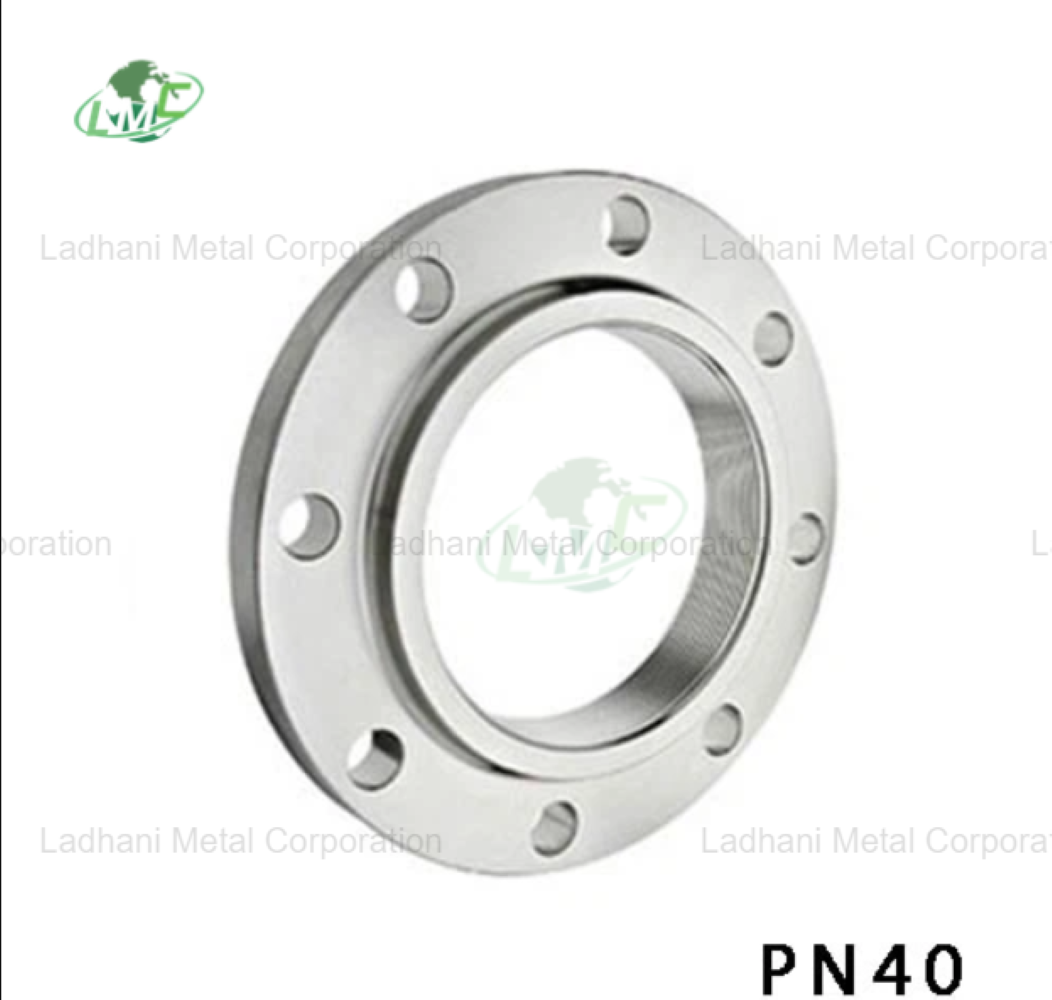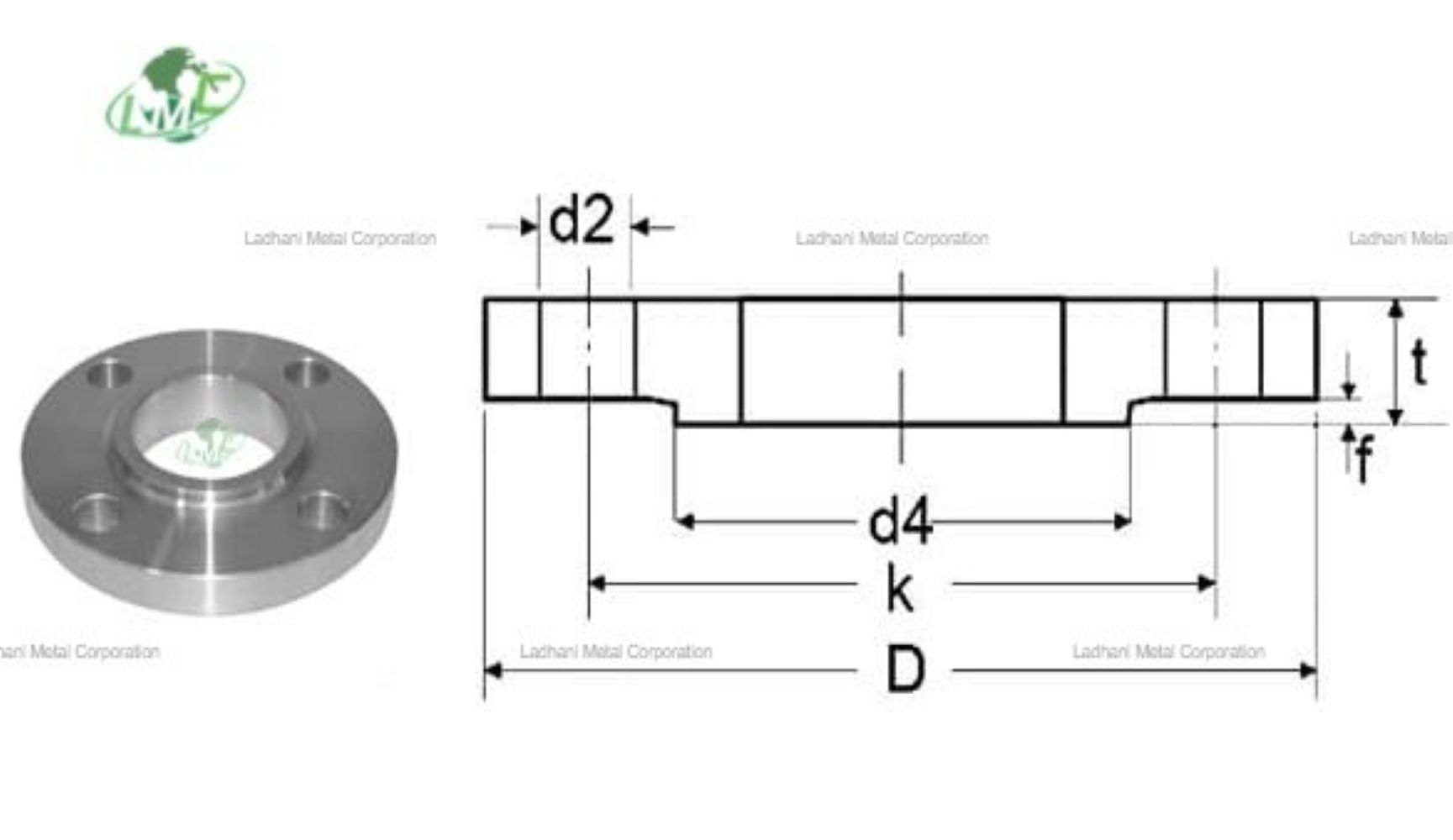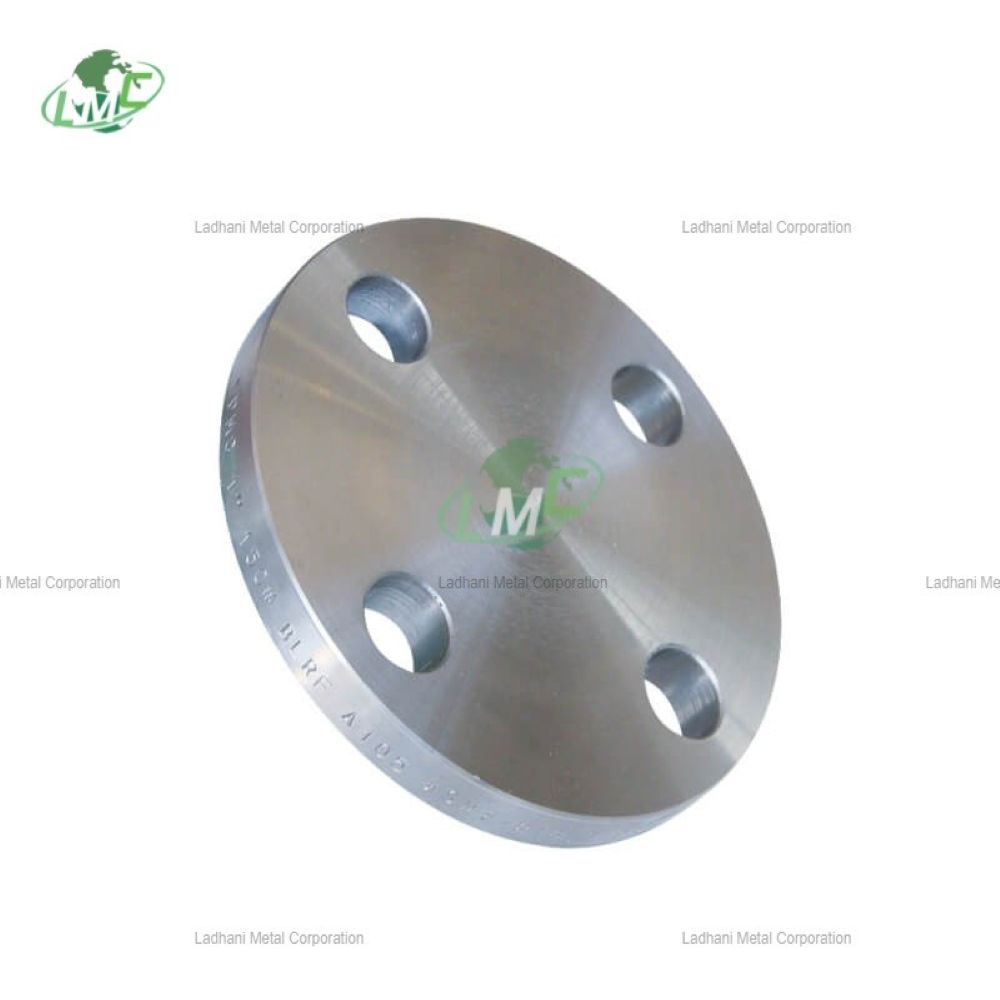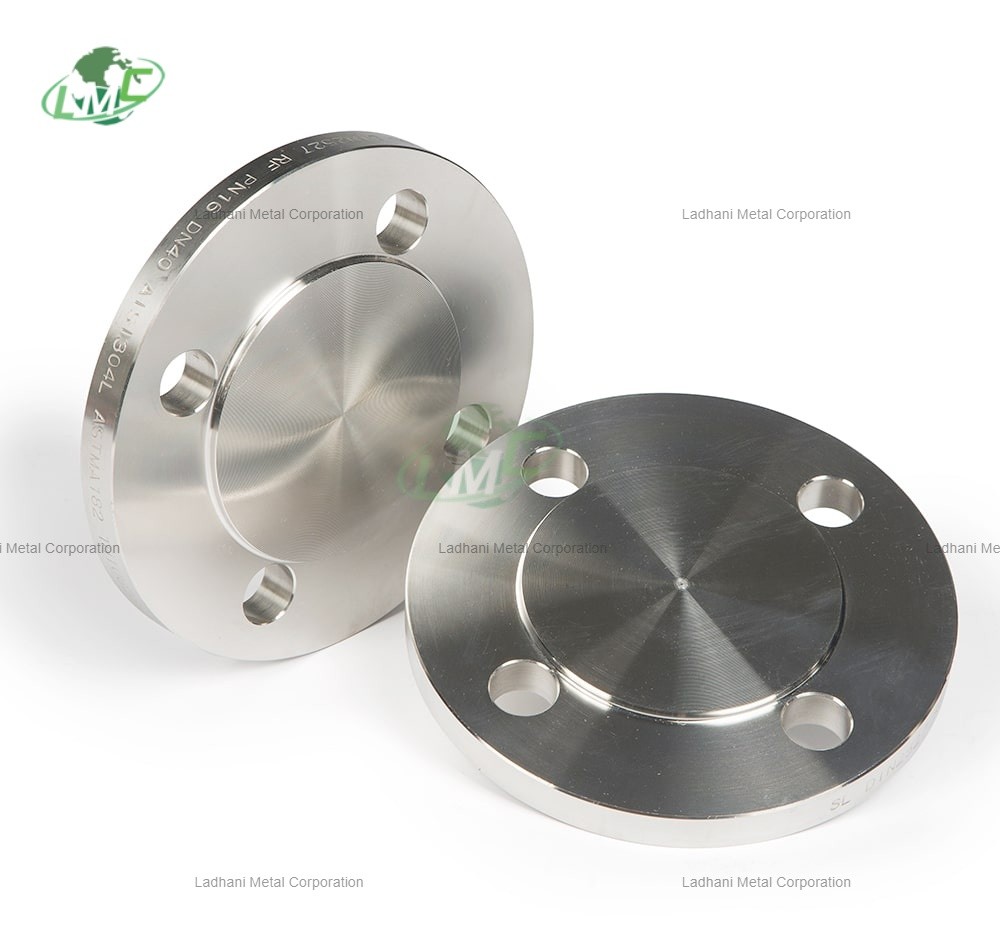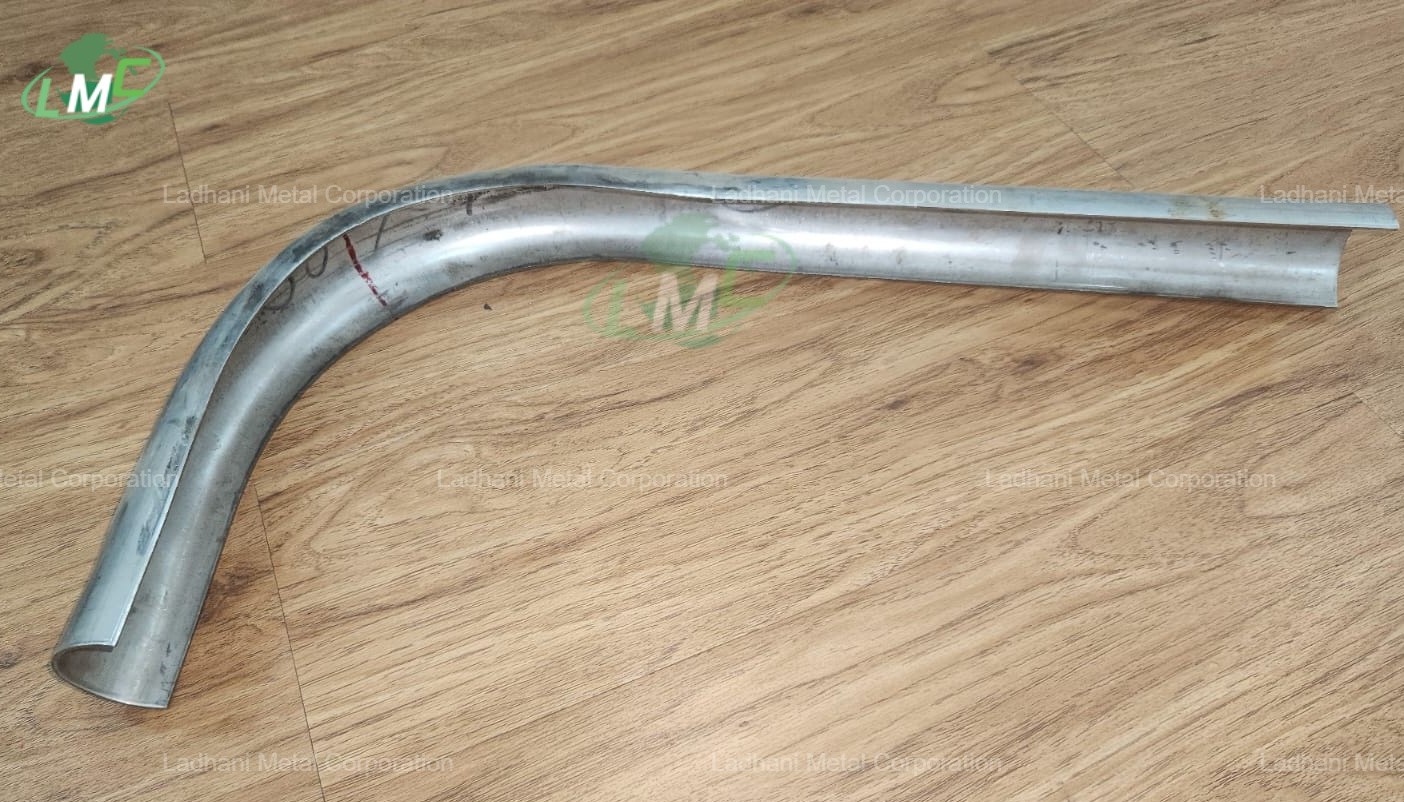DIN 2634 Inconel flanges PN 25 are high-performance weld neck flanges manufactured in accordance with the DIN 2634 standard. Specifically designed for high-pressure applications up to 25 bar (362 psi), these flanges are produced using premium Inconel alloys. Inconel is known for its exceptional resistance to oxidation, high-temperature strength, and ability to withstand corrosive and extreme environments, making these flanges suitable for the most demanding operational conditions. Their high performance and reliability make them ideal in environments where other materials may degrade or fail under stress. Ladhani Metal Corporation is a trusted global manufacturer and supplier of Inconel flanges, recognized for advanced manufacturing expertise, precision machining, and commitment to international quality standards. Every flange undergoes rigorous inspection and testing to guarantee safety, longevity, and consistent performance under extreme operating environments. Pressure Rating: • PN 25 (25 bar / 362 psi): Suitable for high-pressure systems that require superior corrosion resistance and mechanical strength. Flange Type: • Weld Neck Flanges Featuring a tapered neck for gradual stress transition, weld neck flanges are ideal for high-pressure and high-temperature systems, ensuring a strong and leak-resistant weld connection. • Flat Face (FF) Flanges Designed to be used with softer gasket materials or cast equipment, flat face flanges ensure even compression and secure sealing in moderate to high-pressure systems. Inconel Grades and Typical Composition: Inconel 600 (UNS N06600) – Nickel-Chromium Alloy • Nickel (Ni): 72.0 min • Chromium (Cr): 14.0 – 17.0% • Iron (Fe): 6.0 – 10.0% • Carbon (C): ≤ 0.15% • Manganese (Mn): ≤ 1.0% • Silicon (Si): ≤ 0.5% Applications: Commonly used in heat exchangers, furnace components, and chemical processing equipment due to excellent resistance to high-temperature oxidation and corrosion. Inconel 625 (UNS N06625) – Nickel-Chromium-Molybdenum Alloy • Nickel (Ni): 58.0 min • Chromium (Cr): 20.0 – 23.0% • Molybdenum (Mo): 8.0 – 10.0% • Niobium (Nb): 3.15 – 4.15% • Iron (Fe): ≤ 5.0% Applications: Widely used in offshore and marine engineering, aerospace, chemical processing, and power generation due to excellent fatigue strength and resistance to chloride pitting and crevice corrosion. Inconel 718 (UNS N07718) – Nickel-Chromium Alloy with Niobium and Molybdenum • Nickel (Ni): 50.0 – 55.0% • Chromium (Cr): 17.0 – 21.0% • Iron (Fe): Balance • Niobium + Tantalum (Nb + Ta): 4.75 – 5.50% • Molybdenum (Mo): 2.80 – 3.30% • Titanium (Ti): 0.65 – 1.15% • Aluminum (Al): 0.20 – 0.80% Applications: Preferred in aerospace, turbine engines, nuclear reactors, and cryogenic tanks due to its excellent creep resistance, high strength, and ability to retain properties across a wide temperature range from cryogenic to 700°C. Applications of DIN 2634 Inconel Flanges PN 25: • Offshore Oil and Gas Platforms Resistant to seawater, sour gas, and harsh chemicals, ensuring reliability in corrosive and high-pressure marine environments. • Chemical Processing and Heat Treatment Plants Offers resistance to aggressive acids, alkalis, and oxidizing agents, even at elevated temperatures. • Power Generation Facilities Used in turbine systems, heat recovery steam generators, and reactors due to its high-temperature strength and oxidation resistance. • Aerospace and Defense Components Performs reliably in aircraft and defense systems exposed to extreme pressure and temperature variations. • Waste Treatment and Pollution Control Ideal for systems handling incineration gases, flue gases, and chemical waste due to high corrosion resistance. Key Features: • Manufactured as per DIN 2634 standards for dimensional accuracy and pressure compliance • PN 25 pressure rating for robust and high-pressure service conditions • High resistance to heat, corrosion, and oxidation in challenging environments • Suitable for both high-temperature and cryogenic applications • Weld neck configuration offers optimal stress distribution and structural integrity • Available in Inconel 600, 625, and other grades upon request • Custom sizes, pressure ratings, and special surface finishes available Conclusion: DIN 2634 Inconel flanges PN 25 from Ladhani Metal Corporation are engineered to provide uncompromising performance in corrosive and high-temperature environments. With superior material properties and strict quality control, these Inconel flanges deliver long-term reliability for demanding industrial applications. Contact Ladhani Metal Corporation for detailed technical support, material selection guidance, or competitive pricing for your specific requirements.
Send Message
